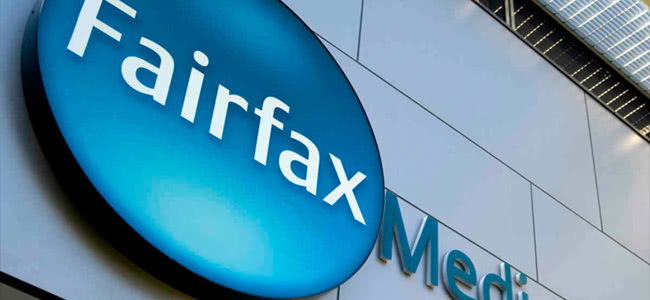Last month, Tone Deaf reported on the latest findings from the Fairfax Media-owned Domain Group, which showed windfall profits for the real estate market in areas affected by Sydney’s controversial late-night lockout laws.
According to the Domain Group, the median price of units sold in Potts Point in the final six months of 2015 was $748,500, up 25 per cent from the six months before the laws were first introduced in December 2014.
Real estate agents say the $150,000 windfall is thanks to a new influx of investors and young professionals who’ve scrambled into the area as the city’s night spots shut down, making the area prime for redevelopment.
The findings provided the most damning evidence yet that the city’s lockout laws had more to do with forced gentrification and government fundraising than curbing alcohol-fuelled violence, which had been a long-circulated conspiracy theory.
“It’s all to do with planning. The councils and governments have made so much money from converting every available commercial and industrial space into apartments, because it is the highest yield per square meter,” Freda’s bar owner Dave Abram tells Vice.
“The developers and councils are in because they don’t want it to be late trading, they want it to become residential,” adds Sav Aristidis, owner of the Five Burroughs Wine Bar in The Cross.
“Well lo-and-behold, the Goldfish has closed down the road here and it’s been sold off and it’s gonna be floors and floors of residences. So yeah, it looks like our conspiracy theory is coming to fruition.”
Unit prices in other water-side suburbs a similar distance from the CBD were either stagnant last year or saw a decline. Unit prices rose just 8.7 percent to a median of $655,845 across the whole of Sydney.
It’s hardly a smoking gun, nor is it the first time the issue of gentrification has been raised in a discussion of the lockouts. However, what hasn’t been raised as often is the media’s complicity in that gentrification.
It should be noted that Fairfax’s report on the lockouts’ impact on the Kings Cross area was titled ‘Lockout laws a winner for Potts Point and Kings Cross apartments‘ and the appraisal of that impact was fairly glowing.
“Running a newspaper is a pretty marginal business so Fairfax makes most of its cash out of Domain.”According to Vice, rumours abound that Fairfax’s coverage of the lockout laws has been heavily influenced by the fact that its property investment site, Domain.com.au, is basically propping up the company at this point.
As The Australian detailed last month, Fairfax reported a first-half net profit of $27.4 million, up 4.2 percent on the previous corresponding period, thanks largely to the Domain Group, which offset falling newspaper revenues.
[include_post id=”472656″]
“Running a newspaper is a pretty marginal business so Fairfax makes most of its cash out of Domain,” Peter Phipps, Professor of Urban Planning at Sydney University, told Vice. “I just don’t think there’s probably the scrutiny in the media there used to be about some of these issues.”
In addition to calling the lockouts “a winner”, the timing of certain Fairfax articles about the laws have been conspicuously timed and spuriously researched, like one story released on the morning of the Keep Sydney Open rally.
The piece claimed a galaxy poll found two thirds of NSW residents were in favour of the lockout laws. However, the sample size was soon found to be just 358 people and the results clashed with follow-up polls conducted by other media outlets.
Again, this isn’t a smoking gun, but if we were you, we’d be particularly skeptical anytime you see Fairfax Media covering the lockout laws.




































